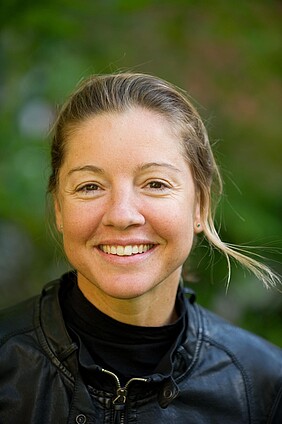will take place on Tuesday, November 26, 2019 from 17:15 to 18:15 hours in CBBM Building, Ground Floor, Seminar Room B1/B2.
Host: Prof. Dr. Henrik Oster
Institute of Neurobiology
University of Lübeck
Abstract
Obesity is increasing in an epidemic manner in most countries and constitutes a public health problem by enhancing the risk for diseases such as diabetes, fatty liver disease and atherosclerosis. Despite this, much remains to be discovered about the basic physiology of fat cells (adipocytes) and how they respond to changes in the fat mass. Adipocytes are specialised cells that either store lipid for times of energy need (white adipocytes) or burn lipid in the process of non-shivering thermogenesis (brown adipocytes). They are believed to be terminally differentiated cells, arising from the differentiation of resident pre-adipocyte progenitor cells. Recent observations in my laboratory show that a subset of adipocytes (both mouse and human) are polyploid with in vitro studies supporting the notion that this is due to de novo DNA synthesis. These findings challenge the long-standing dogma in the field that adipocytes are terminally differentiated cells, incapable of re-entering cell cycle. These results, and how this relates to metabolic disease in humans, will be discussed.
Biosketch
Originally from Perth, Australia, Dr. Spalding received her PhD from the University of Western Australia’s School of Anatomy and Human Biology, in the field of Neuroscience. In 2002 Dr. Spalding moved to Stockholm, Sweden as an Ambassadorial Academic Scholar. This was followed by a postdoctoral fellowship in the neural stem cell laboratory of Professor Jonas Frisén, at the Department of Cell and Molecular Biology at the Karolinska Institute. Dr. Spalding is currently a Principle Investigator at the Integrated Cardio Metabolic Center at the Karolinska Institute, Sweden.


